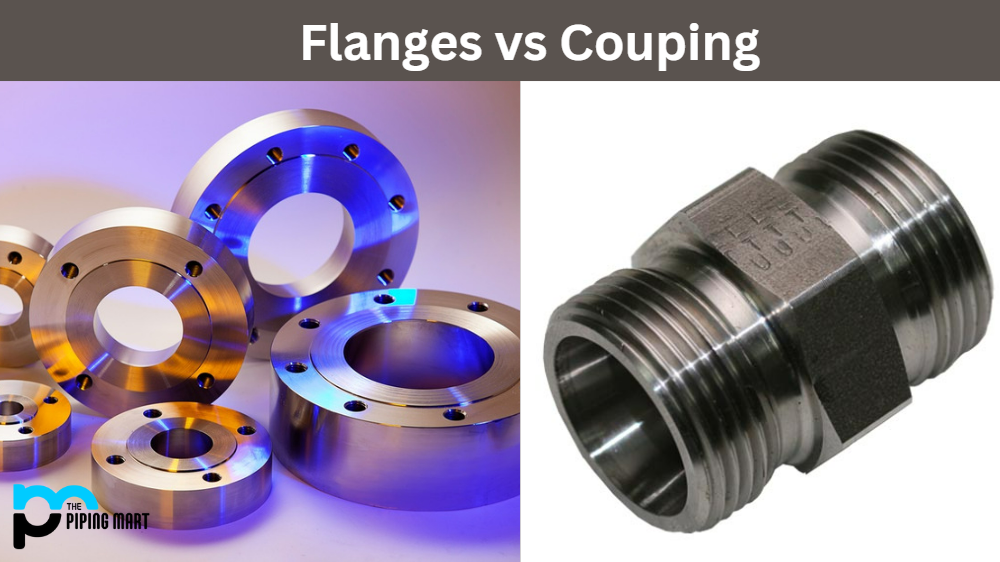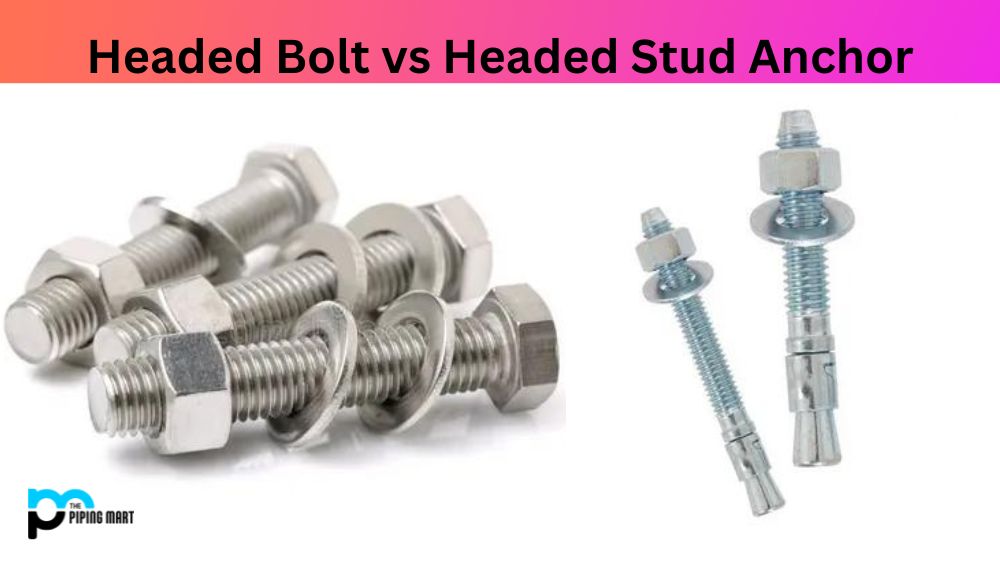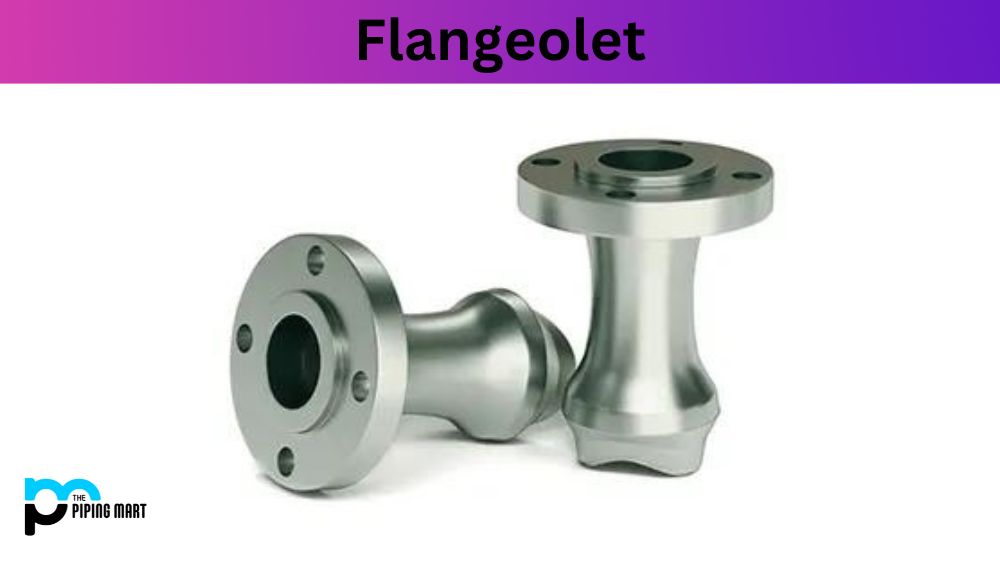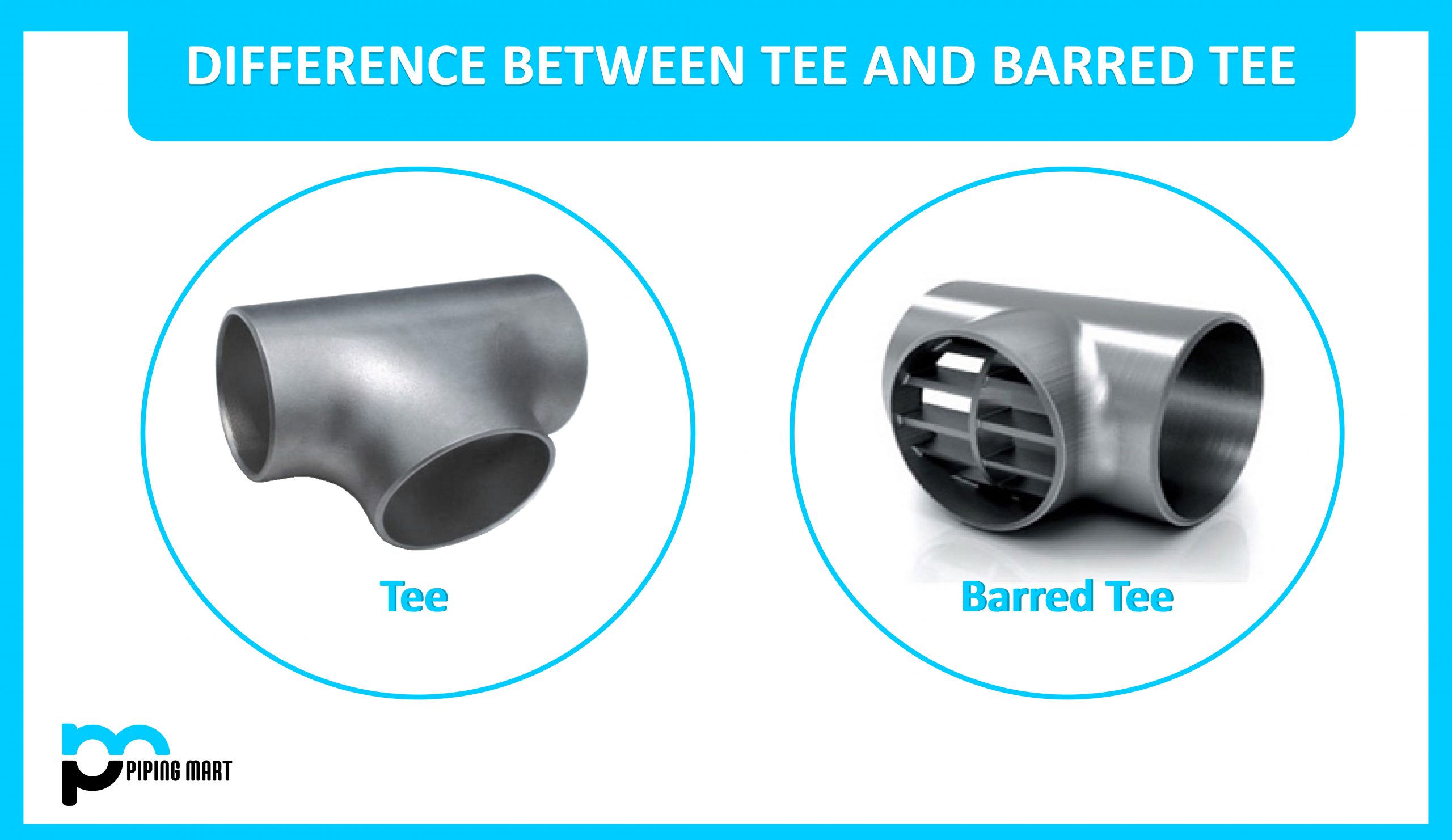If you’re looking for the right parts to complete your project, it’s important to understand the difference between flanges and couplings. Both are essential components in many construction projects, but they have some distinct differences that you should be aware of when making your choice. Read on to learn more about flanges and couplings to decide which suits your needs best.
Flanges
A flange is a mechanical connection used to join two pipes or other components together. Flanges are typically made from metal and are bolted together using screws or bolts. There are many different types of flanges, and they are used in a variety of applications.
Couplings
A coupling is a mechanical connection used to join two pipes or other components together. Couplings typically have a smaller diameter than the pipes they are connecting, and they are often made from plastic or metal. There are many different types of couplings, and they are used in a variety of applications.
Difference Between Flanges and Couplings
Flanges are circular pieces of metal or plastic with holes in them that allow for bolts or screws to be inserted. They are used in various applications, such as connecting pipes, joining two separate pieces of equipment, or sealing off an opening. Flanges come in various sizes and materials, so knowing exactly what type will best meet your needs is essential before making a purchase.
Coupling is another type of connection component that is also used in construction projects. They have an internal threading which allows them to connect two separate pieces by screwing them into each other. This makes them ideal for connecting pipes together or creating a seal around openings in equipment or structures. Couplings come in a variety of sizes and materials as well, so it’s essential to make sure you select the right one for your project.
Advantages and Disadvantages Of Each
Both flanges and couplings have their own unique advantages and disadvantages when it comes to construction projects. Flanges are generally easier to install since they don’t require any additional hardware beyond bolts/screws. In contrast, couplings require an internal threading which can be more complicated depending on the size/material used. Flanges can also provide a stronger seal than couplings since they cover more surface area around an opening or pipe joint, while couplings rely on the strength of their internal threads for security against leaks/gaps. However, couplings are often cheaper than flanges since they don’t require additional hardware beyond their internal threading, which can reduce costs significantly depending on the size/material needed for installation.
Advantages of Flanges
One advantage of flanges over couplings is that they can accommodate larger-diameter pipes. Additionally, flanges can provide greater strength and stability than couplings. Another advantage of flanges is that they can be easily removed for maintenance or repair purposes.
Advantages of Couplings
One advantage of couplings over flanges is that they are less expensive. Additionally, couplings can be easier to install than flanges. Another advantage of couplings is that they do not require the use of tools for installation or removal.
Disadvantages of Flanges
One disadvantage of flanges is that they can be more difficult to install than couplings. Additionally, flanges may leak if not installed properly. Another disadvantage of flanges is that they require the use of tools for installation and removal.
Conclusion:
Choosing between flanges and couplings ultimately depends on your specific project’s size/material needs and budget constraints, if applicable. Both can effectively provide secure connections between different pieces depending on what you need, so take some time to evaluate both options before making a final decision! By understanding the differences between flanges and coupling, you can ensure that you select the right product for your particular project!

Pipingmart is a B2B portal that specializes in metal, industrial and piping items. Additionally, we share the latest information and information about materials, products and various types of grades to assist businesses that are involved in this business.




